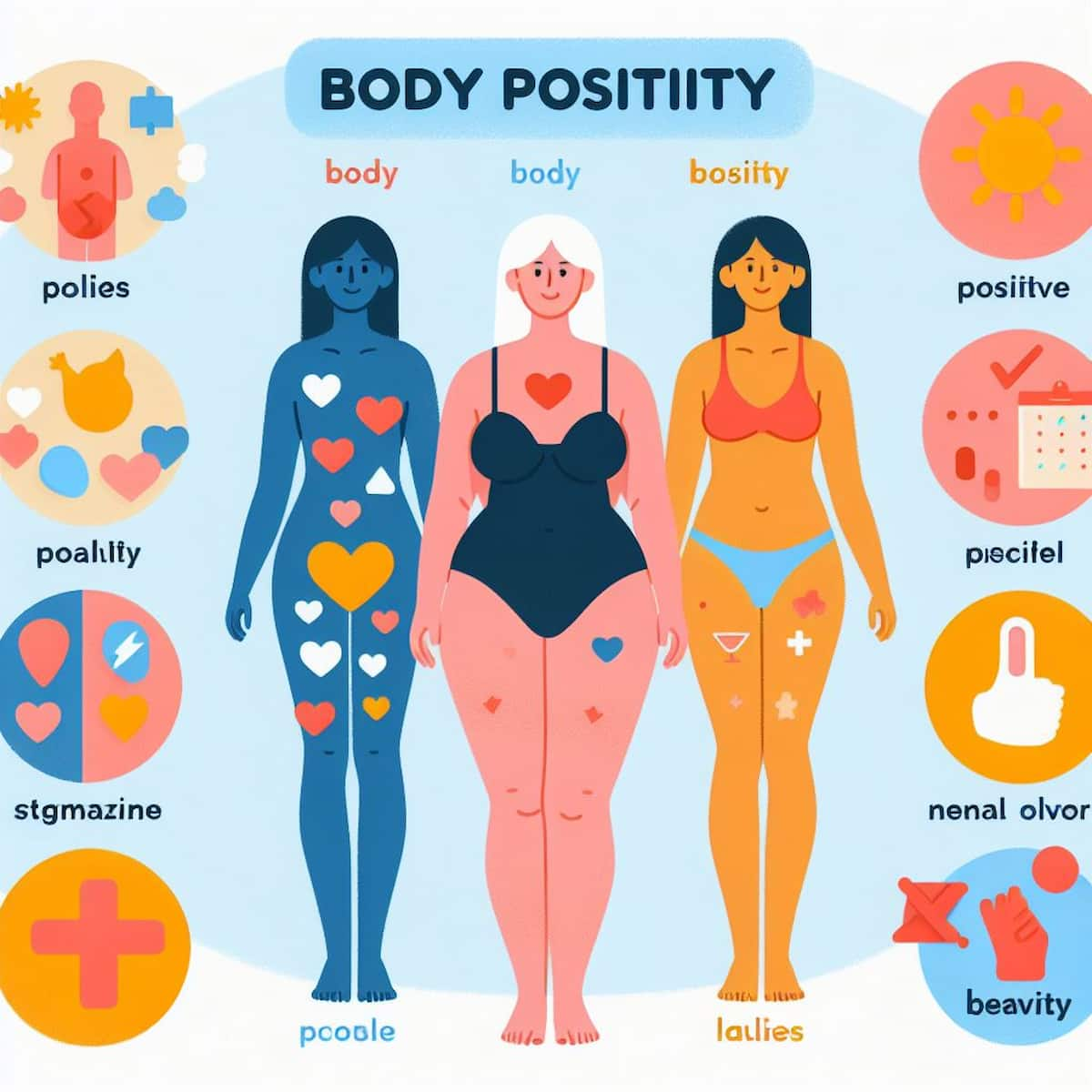As a student, managing stress is essential for maintaining academic success, overall well-being, and a balanced lifestyle. Juggling coursework, exams, extracurricular activities, and social obligations can be overwhelming at times, but with the right strategies, you can navigate these challenges with resilience and ease. From effective time management to self-care practices, there are numerous empowering techniques you can utilize to reduce stress and enhance your academic performance. Let’s explore some powerful stress management techniques tailored specifically for students.
Effective Time Management
- Prioritize Tasks: Make a list of tasks and assignments, prioritizing them based on deadlines and importance. Break larger tasks into smaller, manageable steps, and tackle them one at a time to avoid feeling overwhelmed.
- Use a Planner or Calendar: Keep track of deadlines, exams, and commitments using a planner or digital calendar. Set reminders for important dates and allocate specific time slots for studying, assignments, and relaxation.
- Create a Study Schedule: Establish a consistent study routine that fits your schedule and learning preferences. Designate specific times each day for studying, reviewing lecture notes, and completing assignments, and stick to your schedule as much as possible.
Stress Reduction Techniques
- Deep Breathing Exercises: Practice deep breathing exercises to calm your mind and body during times of stress. Take slow, deep breaths, inhaling through your nose and exhaling through your mouth, focusing on the sensations of relaxation with each breath.
- Mindfulness Meditation: Set aside a few minutes each day for mindfulness meditation. Sit quietly, close your eyes, and focus on your breath or a specific point of focus, such as a candle flame or a mantra. Allow your thoughts to come and go without judgment, cultivating a sense of calm and presence.
- Progressive Muscle Relaxation: Tense and then relax each muscle group in your body, starting from your toes and working your way up to your head. Pay attention to the sensations of relaxation spreading throughout your body with each release of tension.
Healthy Lifestyle Habits
- Regular Exercise: Incorporate regular physical activity into your routine to reduce stress and boost mood. Whether it’s going for a walk, practicing yoga, or playing a sport, find activities that you enjoy and make them a regular part of your schedule.
- Balanced Nutrition: Eat a balanced diet rich in fruits, vegetables, whole grains, and lean proteins to support your physical and mental health. Avoid excessive caffeine, sugar, and processed foods, which can exacerbate stress levels and affect your energy levels and concentration.
- Adequate Sleep: Prioritize sleep by establishing a regular sleep schedule and creating a relaxing bedtime routine. Aim for seven to nine hours of quality sleep each night to support your cognitive function, memory consolidation, and overall well-being.
Seeking Support
- Connect with Peers: Reach out to classmates, friends, or study groups for support and collaboration. Sharing experiences, studying together, and seeking help when needed can foster a sense of camaraderie and reduce feelings of isolation.
- Utilize Student Resources: Take advantage of student support services offered by your school, such as counseling services, academic advising, tutoring centers, and wellness programs. These resources are available to help you succeed academically and support your overall well-being.
- Talk to Professors: If you’re feeling overwhelmed or struggling with coursework, don’t hesitate to communicate with your professors or instructors. They can provide guidance, clarification, and support to help you navigate academic challenges and succeed in your studies.
Conclusion
Managing stress as a student is essential for maintaining academic success, overall well-being, and a balanced lifestyle. By incorporating effective time management strategies, stress reduction techniques, healthy lifestyle habits, and seeking support when needed, you can navigate the demands of student life with resilience and ease. Remember to prioritize self-care, maintain a positive mindset, and approach challenges with a proactive and resourceful attitude. With these empowering stress management techniques, you can thrive academically and cultivate a fulfilling and rewarding college experience.
















